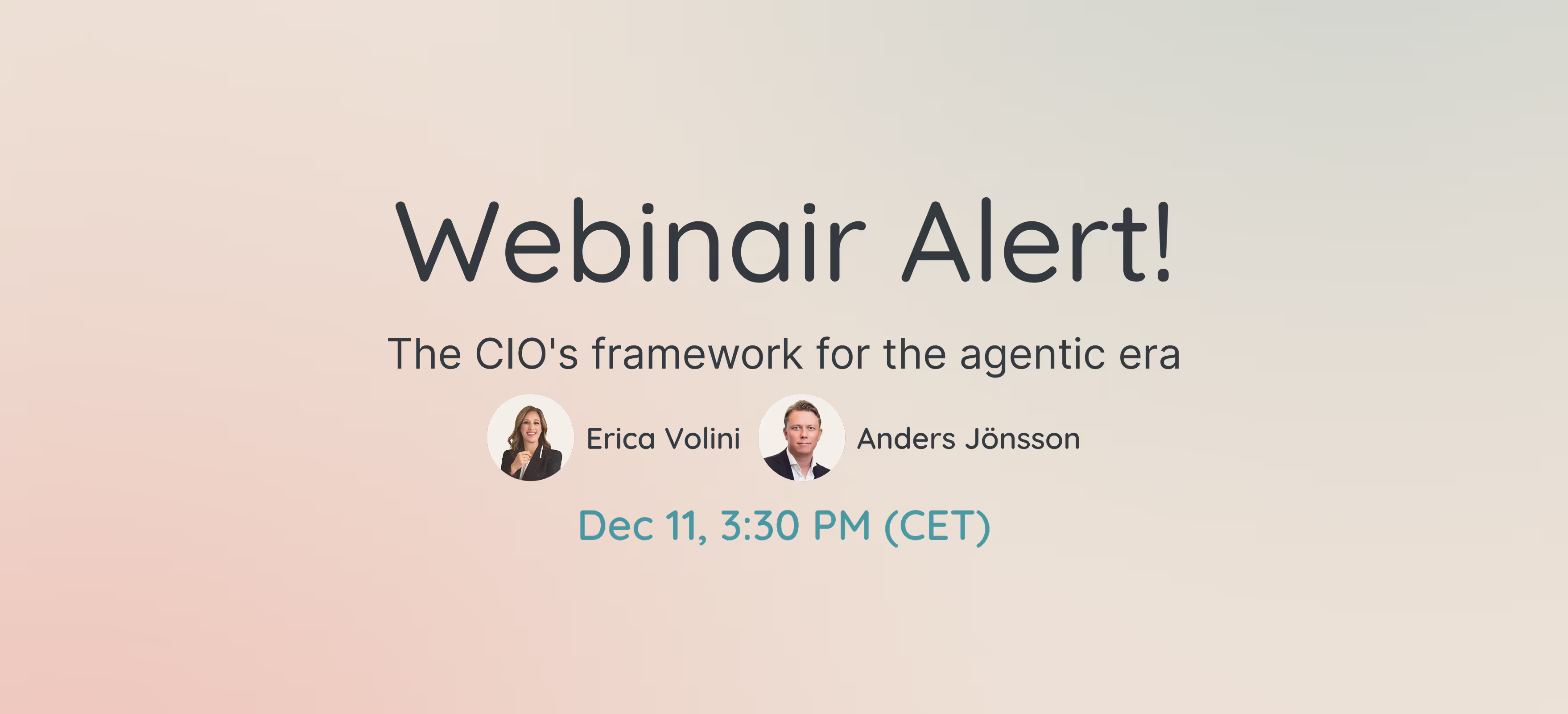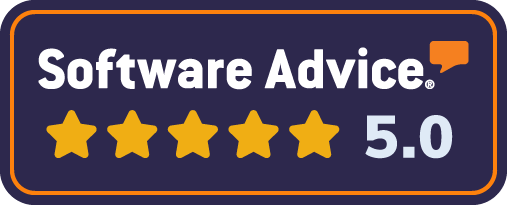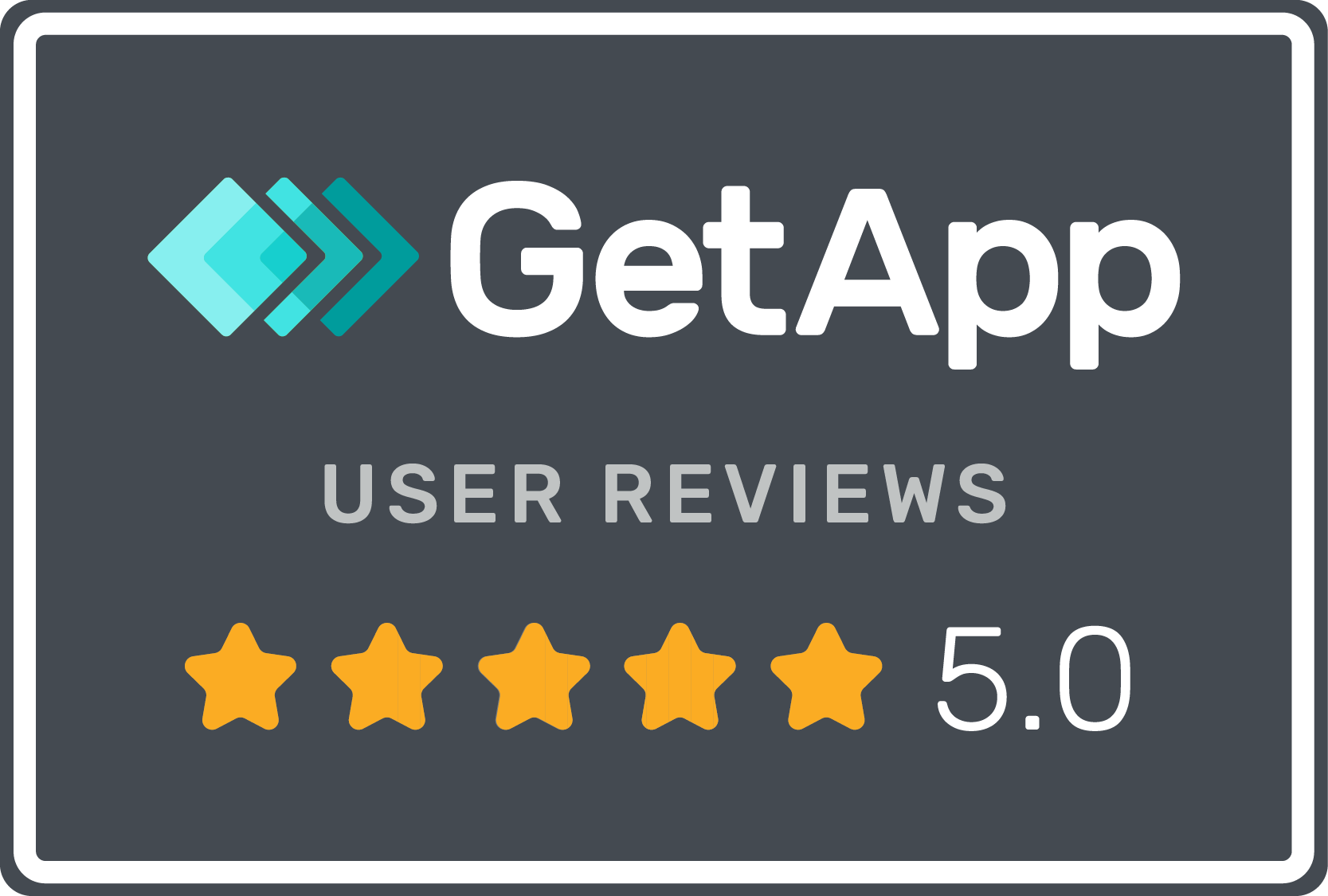Karin Sjödin, CEO of Custellance Enterprise, brings a refreshing perspective to growth. She believes in a collaborative work environment, empowering teams to achieve shared goals seamlessly. In this Voices & Choices interview, Karin shares her preferred productivity tools, remote work strategies, and an interesting perspective on integrating AI in the workplace. Additionally, she discusses the importance of employee choice in fostering a successful work environment.
1. How many days per week do you prefer to work from home and why?
For me the ideal setup is the mix of working at home and from the office, I neither get bored nor burned out, amazing. Since I work in a smaller startup where everything goes very fast, I need yin and yang to get the business going in the most efficient way. A typical week is when I’m based in town for two days and at home for three days. During the two days in town, I'm both in the office with my colleagues for meetings, etc., and also external meetings, events, and networking here and there. I get a lot of impressions, connections, and business opportunities on my city days which I take action on when I work at home and try to turn them into business in some way or another.
When I sit at home, it’s completely quiet around and I focus on a list that I make in the morning where I mark the most important things that I have to get done during the day. Since there will be a lot to prioritize, I need to exercise in the morning to be able to focus and make the right decisions.
2. What is a hidden treasure among apps for you — a favorite application of yours that might be unknown to many?
I've tried many times to use efficiency apps for work but don't find it works for me. I work very fast and new things come up all the time. If I’m going to be really evil, this is about others wanting to make money from your time. I often weigh what I save in time against the impact this has. Not many apps fulfill this as they have not started from the customer's real needs, which are often quite simple.
It makes me always go back to what has worked best for me, THE NOTEBOOK. It goes so much faster and no complicated admin around the process. But if I have to recommend an app that is very simple and has a big impact on me, it is “P tracker”. An app that I use to follow my menstrual cycle, is fantastic and extremely simple. I also think Apple's own Diary is easy and good for writing down thoughts, reflections, and other exciting things. But I'm curious when I hear people's excitement about an app and I often try new ones.
3. Any tips on how to use AI in daily life or work? What is your company policy around it?
The truth is that I am tired of AI and can become cynical and think that it is a more superficial way for humans to fall for laziness. Part of my negativity is probably because I’m so incredibly interested in human beings as a whole and that’s what scares me. What will happen? But on the positive side for me who has EQ as the major driving force to create business, AI can be a good thing. I mean we can then skip a lot of tasks and use our brains to focus more on innovation through feelings and thoughts.
At Custellence, we monitor the development of AI for our industry closely and have ideas on how we can develop our product in the best way for our customers. We believe it should act as an assistant that you work together with to get the most out of it.
4. What's your most important work tool, making you productive?
Without a doubt, my notebook!
5. What career tips would you give your younger self?
To trust the process and to be brave, absolutely. While I’m a person who really needs challenges and a huge amount of new learnings I would benefit from understanding that to get it I must be brave. And nothing of that comes by itself, you have to throw yourself out there. I think I would have gotten to where I am today much faster if I figured it out faster.
So my advice to myself is that I should have prioritized learning to know myself better and really thought about what I wanted life as a whole to include, including job choice. Then I tried to look for a job that matched that vision. It has worked brilliantly since I figured that out, but the truth is I wasn't ready for that in my younger years. I was both afraid to make mistakes and a real coward. Now I focus on the learning process and it's so much better, school of life!
6. What is your view on employee choice, i.e. flexibility for employees to choose their hardware and software?
My opinion is that the employee can be involved in choosing his equipment. I think you should choose equipment according to your needs and what helps create a good workflow.
7. What is an ideal new employee onboarding experience?
I think it’s important to have a clear onboarding plan that the employee receives well in advance. It must contain information such as the employee handbook, Code of conduct, schedule for the first week, and equipment i.e. all practical stuff. Then it’s much easier to focus on getting to know the team. It is important that the employee quickly feels like a part of the team and secure in leading as soon as possible. If you have a clear value proposition that is visible in daily business it’s much easier. The new employee needs high-class service!
Have you read? Voices & Choices # 11: Interview with Homan Tehrani

"Voices and Choices" is a weekly interview series where we dig into how top talents, founders and leaders work and what makes them productive.









